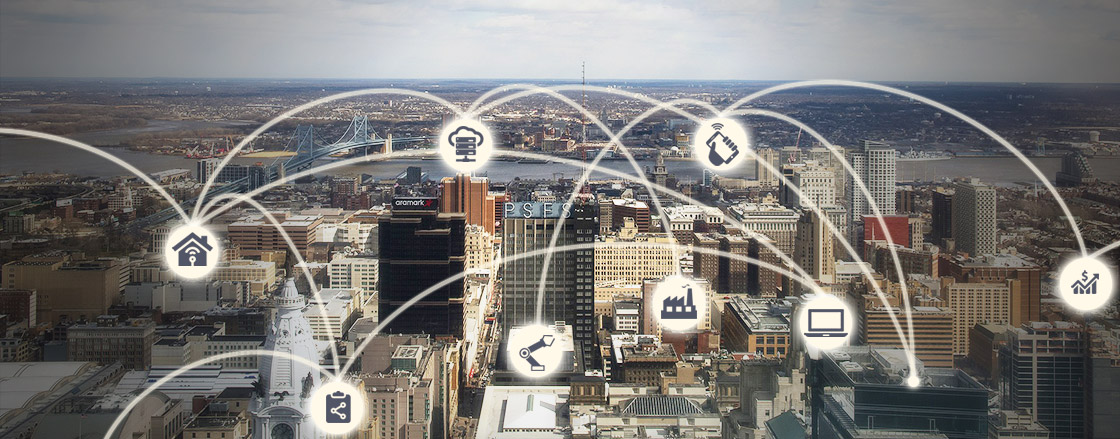
Smart factories, smart cities, predictive maintenance, remote monitoring, robots, intelligent TVs and refrigerators. Is it possible that all these things are united and have something in common? The answer is “Yes”, and this is the Internet of Things.
The topic "Internet of things" (IoT) gains popularity as part of our everyday life and part of the IT and automation world.
But what exactly is the "Internet of things"?
The Internet of things (IoT) is the network of devices which are connected to the Internet and are able to exchange data. There are basically no limitations which devices can be connected, it could be refrigerator, smartphone, car or a manufacturing robot. Every internet-connected device that can be monitored and/or controlled from a remote location. As the technologies develop and the Internet of Things expands, more and more devices will join the network.
The concept IoT describes the idea of everyday physical objects being connected to the internet and being able to identify themselves to other devices – Machine to machine communication. The great about this concept is that these connected devices can represent themselves digitally, they can be monitored or controlled remotely over existing networks, allowing direct integration of the physical world into computer-based systems and resulting in improved efficiency, accuracy and economic benefit in addition to reduced human intervention and at the end make every day devices in our world from coffee machine to automotive plant “Smart”. Connecting one smart device to another and allowing them to exchange data with each other and with databases may be seen as a “computing intelligence”.
What are the benefits of Internet of Things and having so many devices “talking” to each other and where could it be implemented?
Networking of smart devices increases efficiency, reduces costs and saves resources. Intelligent monitoring and transparent processes provide companies with a clear overview, enabling them to react flexibly and rapidly to changes in the market.
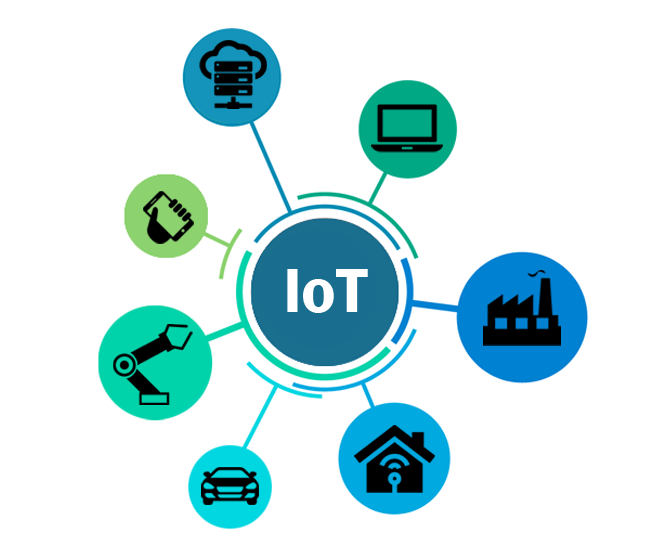
Remote monitoring
By connecting devices and applications and allowing automated business software platforms manage production information, manual and time costing actions can be reduced leading to error avoiding and increased efficiency.
Smart vehicles
Vehicles communicating directly with the global network feeding your navigation system with traffic information or allowing you chose your route depending on the weather forecast. The smart vehicles would even communicate directly with integrated in the roadway sensors and will adopt the driving comfort according to the road conditions.
Smart cities and connected buildings
Intelligent transport solutions, optimized traffic flows, low fuel consumption, clean cities. Smart electrical networks, transferring and reorganizing resources to have them at the right place and time, optimized waste management.
Smart building security systems connected with the authorities, or automated home management system designed monitor and control your home and even alert you when running low on milk.
IoT is in the base of Industry 4.0
Using cloud technologies and connecting the machines, sensors and software application in one factory can reduce production expenses and guarantee for better resources planning, product quality and optimized maintenance.
By implementing smart machine sensors for example can be achieved “Predictive maintenance”. Equipment failures and unscheduled downtime can be avoided by analyzing machine data. Observing the machine conditions and recognize signs of malfunctioning parts before the machine fails and goes down avoiding costly repairs and production losses.
Thiese are only some of the benefits of Internet of Things. IoT allows for virtually endless opportunities but there are still question to be asnwered. Are the connected companies open to more security threads? What if someone hacks your TV, is he going to be able to access your entire network? In which way will be handled the huge amount of data generated by these devices?
Let’s wait for the future and see how this revolutionary concept is going to change the world.
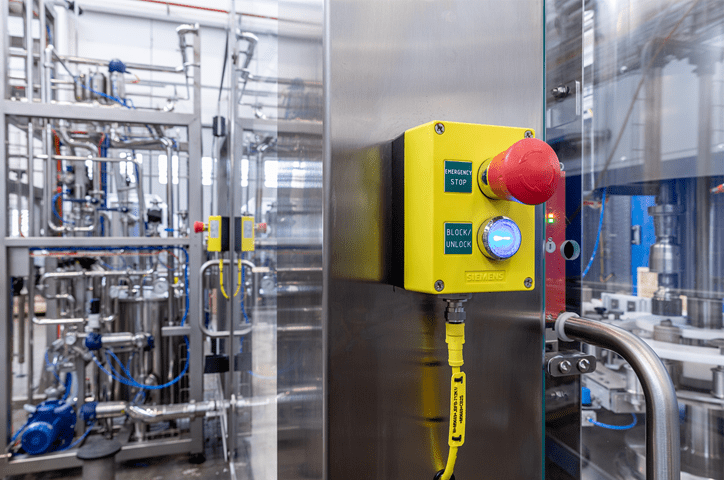
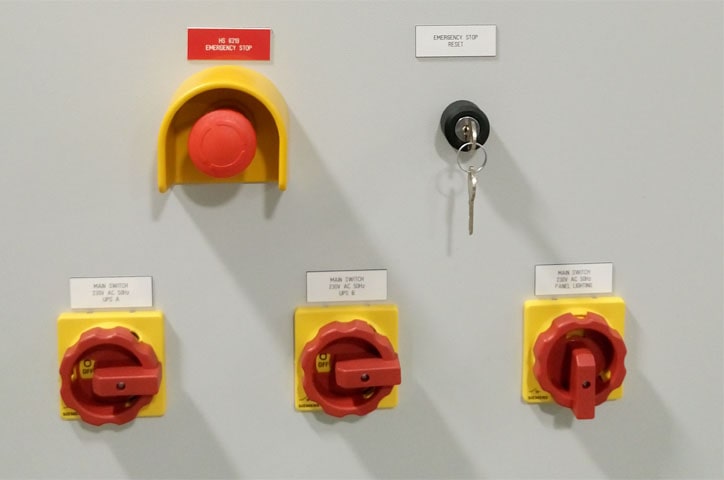
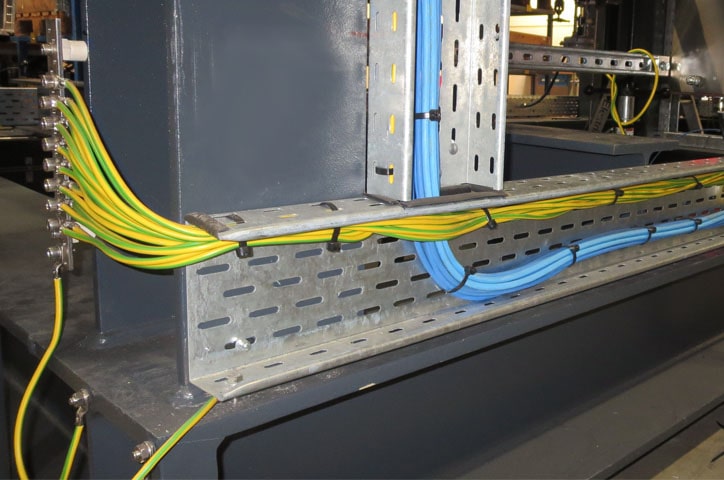
0 COMMENTS //
Join the discussion